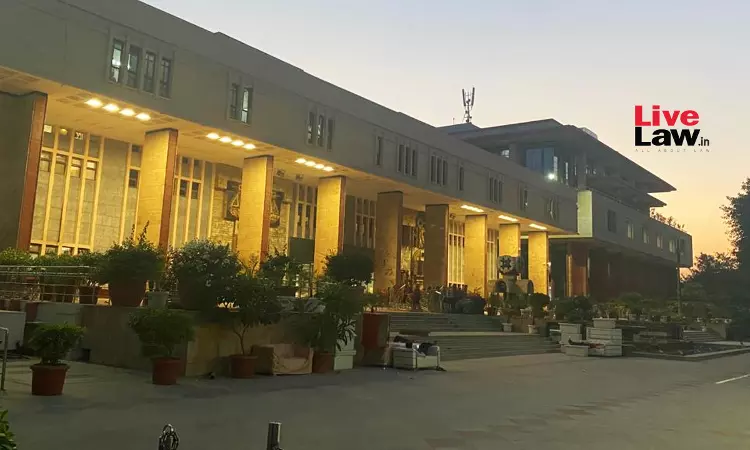The Delhi High Court has held that the expression “yes” could not be considered to be a valid approval under Section 151 of the Income Tax Act.The bench of Justice Yashwant Varma and Justice Purushaindra Kumar Kaurav has observed that the satisfaction arrived at by the prescribed authority under Section 151 of the Income Tax Act must be clearly discernible from the expression used at the...

